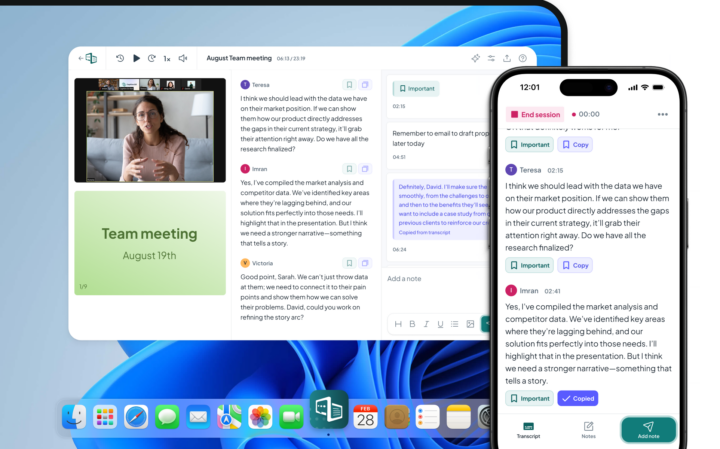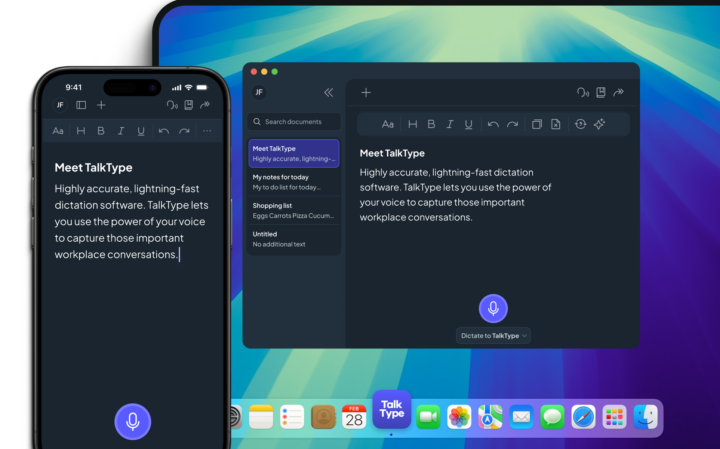What Do Good Interview Notes Look Like?
Each organisation and team will have varying approaches and requirements when it comes to understanding how to take interview notes. Studies show how taking notes during or after an interview can help to organise your thoughts. And this, in turn, helps you make better judgements when it comes to candidate selection.
So let’s look at some other key signals of good interview notes.
Short and Concise
It’s not necessary nor useful to capture every single word your interview candidates utter. This can happen when you don’t know how to take interview notes. Instead, it’s better to focus on being concise and capture only the most relevant points.
Legible
There’s nothing worse than going back to your notes to find you can’t read them or make out what you wrote at the time. Plus, messy handwriting or inaccurate note-taking will make it much harder for colleagues to make sense of them either.
Objective and Relevant
Notes taken during an interview should focus on the job the candidate is applying for. So, rather than scribbling down each point, the points should match key requirements or competencies in the job description.
Keep your notes clear of any irrelevant information and avoid any personal references or irrelevant observations.





